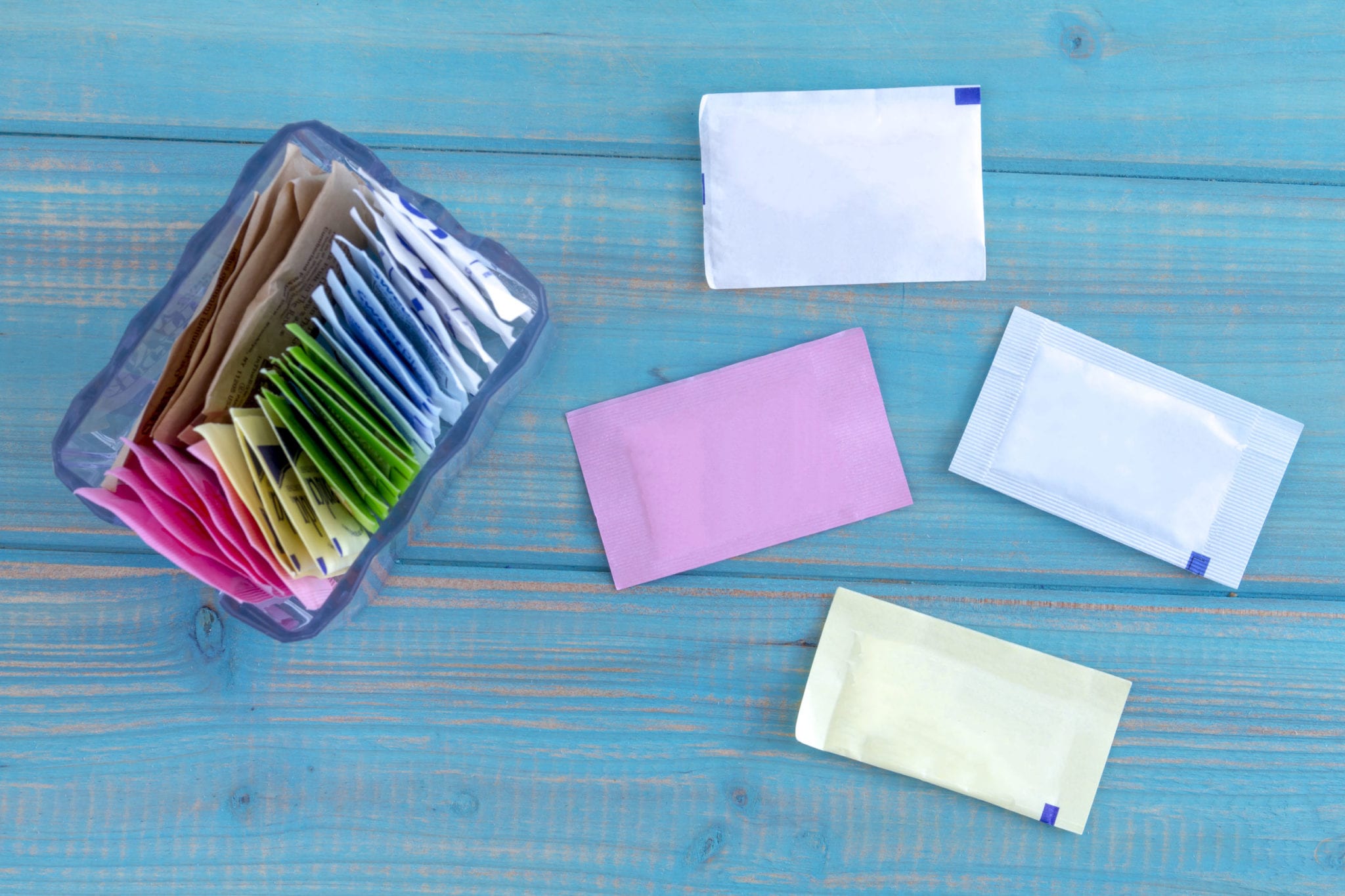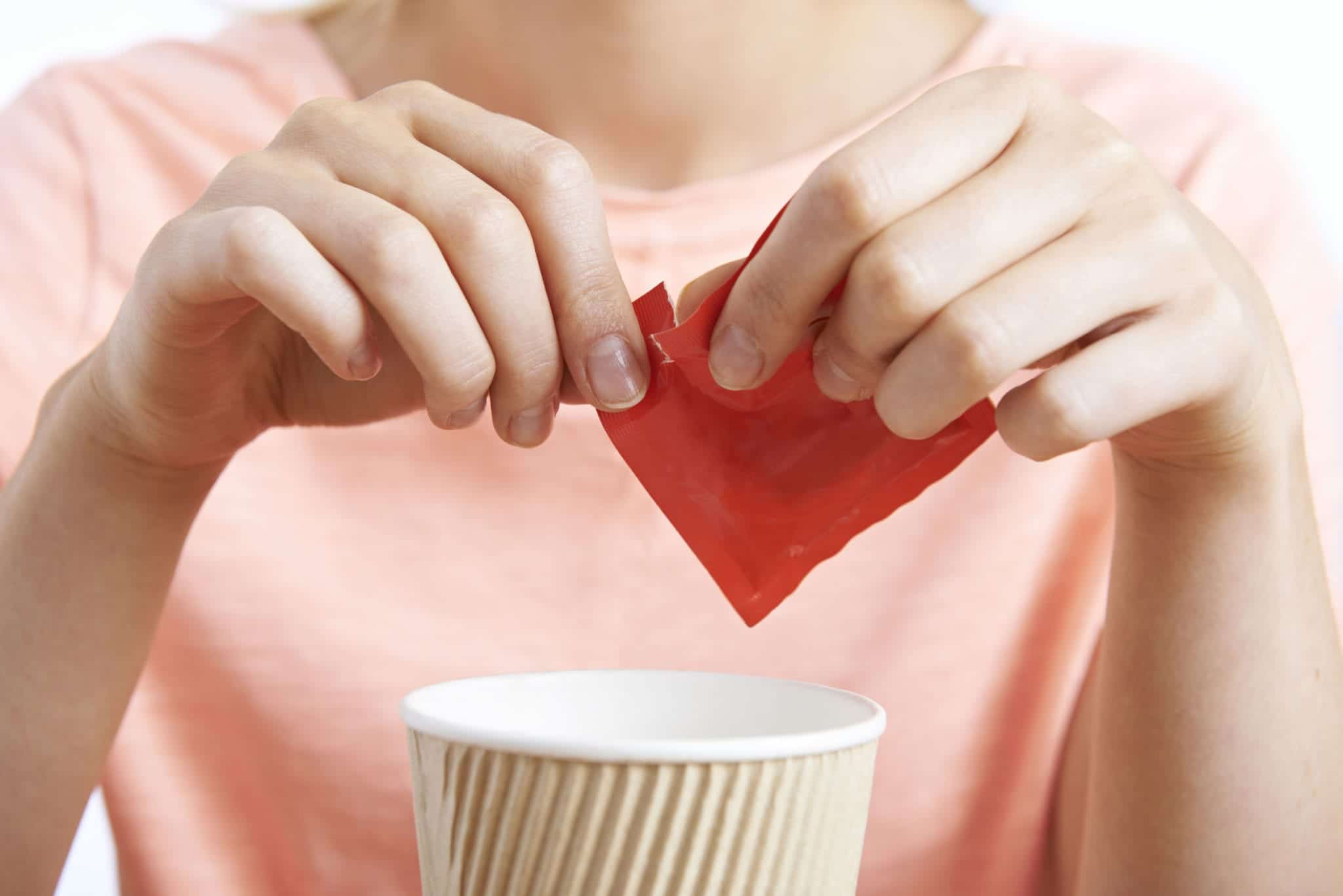
Many people use artificial sweeteners to cut calories or keep blood sugar levels under control. However, have you ever wondered if those sweeteners might be affecting your body and health in other ways?
In this post, we’re going to explore how artificial sweeteners can impact the health of your teeth and mouth.
Why Sugar Is Tough on Your Teeth
You’ve probably heard that too much sugar is bad for your teeth. However, it’s actually not sugar itself that wreaks havoc on your mouth. It’s the breakdown of sugar that can lead to cavities and tooth loss.
Your mouth is home to many bacteria that help break down your food and drinks after you consume them. When the bacteria in your mouth break down sugars, they release acids that can corrode the enamel on your teeth. This corrosion can lead to cavities and, left untreated, tooth loss.
This is why experienced South Florida dentists recommend a diet that is low in added sugar and refined carbohydrates. The stronger your enamel, the healthier your teeth are.
The less sugar you have in your mouth, the lower the chance that your enamel will be lost.
What about Sugar Substitutes and Your Teeth?
You can find sugar substitutes in many foods and drinks, such as the following:
- Candy
- Ice cream
- Pudding
- Jellies and jams
- Dairy products
- Canned foods
- Soft drinks
- Powdered drink mixes
- Prepackaged beverages
- Chewing gum
You can also use sugar substitutes in home food preparation, or you can stir them into your drinks. They come in powder form, granules, syrup, or cubes.
There are many different types of sugar substitutes. Certain sugar substitutes are derived from sugar alcohols that are treated in a chemical process. If you see the terms xylitol, malitol, sorbitol, or isomalt on your food labels, you should know that these are sugar substitutes. They are called polyols.
How does your mouth react to polyols?
The bacteria in your mouth do not interact with these sugar substitutes in the same way they do with regular sugar. Since acids aren’t produced, these sugar substitutes do not present a threat to your enamel.
Likewise, Stevia-based sugar substitutes (which are derived from an herb) do not present a significant risk to your oral health.
Other sugar substitutes, such as sucralose, are derived from sugar. Since they do have some sugar content, they can cause enamel damage like regular sugar.
What about other sweeteners that are “natural”?
People sometimes use products such as honey, maple syrup, cane juice, corn syrup, of fruit juice as sweeteners. Essentially, they’re all forms of sugar and all have a high sugar content. Because of this, they present the same risks of enamel damage as regular sugar.
Limit Sugar Use for Oral Health
The best care you can give your teeth is to eat a balanced diet. Lean protein, dairy products, and many vegetables do not create an acidic environment in your mouth. They can even help offset the effects of sugar on your teeth.

That being said, you do not need to completely eliminate sugar from your diet unless your doctor says so. Simply enjoy sugar in moderation and balance it with healthier foods.
If you have the choice, artificial sweeteners can be a good pick for your oral health. Just don’t rely too heavily on processed foods. If you are consuming carbohydrate-based foods that contain artificial sweeteners, the bacteria in your mouth will produce acid when the foods are broken down. Limit your carbohydrate intake for the best oral health.






